This is where I post all my personal rants and mental health info. I’ve been in the psych ward twice with psychosis.
Don't wanna be here? Send us removal request.
Text
me: i made a pros and cons list for killing myself
therapist: dont do that
0 notes
Text
hey, don’t cry. one half flour one half yogurt knead into dough and fry for easy flatbread and dip in balsamic vinegar, okay?
132K notes
·
View notes
Text
sometimes you need dialogue tags and don't want to use the same four


73K notes
·
View notes
Text
By the way, you can improve your executive function. You can literally build it like a muscle.
Yes, even if you're neurodivergent. I don't have ADHD, but it is allegedly a thing with ADHD as well. And I am autistic, and after a bunch of nerve damage (severe enough that I was basically housebound for 6 months), I had to completely rebuild my ability to get my brain to Do Things from what felt like nearly scratch.
This is specifically from ADDitude magazine, so written specifically for ADHD (and while focused in large part on kids, also definitely includes adults and adult activities):
Here's a link on this for autism (though as an editor wow did that title need an editor lol):
Resources on this aren't great because they're mainly aimed at neurotypical therapists or parents of neurdivergent children. There's worksheets you can do that help a lot too or thought work you can do to sort of build the neuro-infrastructure for tasks.
But a lot of the stuff is just like. fun. Pulling from both the first article and my own experience:
Play games or video games where you have to make a lot of decisions. Literally go make a ton of picrews or do online dress-up dolls if you like. It helped me.
Art, especially forms of art that require patience, planning ahead, or in contrast improvisation
Listening to longform storytelling without visuals, e.g. just listening regularly to audiobooks or narrative podcasts, etc.
Meditation
Martial arts
Sports in general
Board games like chess or Catan (I actually found a big list of what board games are good for building what executive functioning skills here)
Woodworking
Cooking
If you're bad at time management play games or video games with a bunch of timers
Things can be easier. You might always have a disability around this (I certainly always will), but it can be easier. You do not have to be this stuck forever.
62K notes
·
View notes
Text
Things that will make your computer meaningfully faster:
Replacing a HDD with an SSD
Adding RAM
Graphics cards if you're nasty
Uninstalling resource hogs like Norton or McAfee (if you're using Windows then the built-in Windows Security is perfectly fine; if you're using a mac consider bitdefender as a free antivirus or eset as a less resource intensive paid option)
Customizing what runs on startup for your computer
Things that are likely to make internet browsing specifically meaningfully faster:
Installing firefox and setting it up with ublock origin
adding the Auto Tab Discard extension to firefox to sleep unused tabs so that they aren't constantly reloading
Closing some fucking tabs bud I'm sorry I know it hurts I'm guilty of this too
Things that will make your computer faster if you are actually having a problem:
Running malwarebytes and shutting down any malicious programs it finds.
Correcting disk utilization errors
Things that will make your computer superficially faster and may slightly improve your user experience temporarily:
Clearing cache and cookies on your browser
Restarting the computer
Changing your screen resolution
Uninstalling unused browser extensions
Things that do not actually make your computer faster:
Deleting files
Registry cleaners
Defragging your drive
Passively wishing that your computer was faster instead of actually just adding more fucking RAM.
This post is brought to you by the lady with the 7-year-old laptop that she refuses to leave overnight for us to run scans on or take apart so that we can put RAM in it and who insists on coming by for 30-minute visits hoping we can make her computer faster.
130K notes
·
View notes
Text

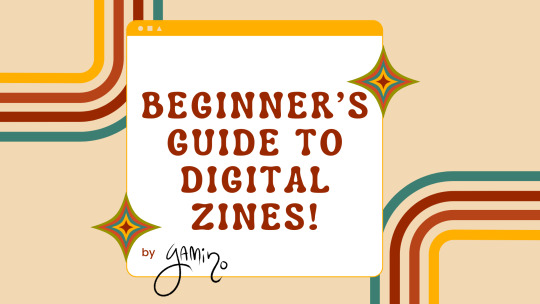
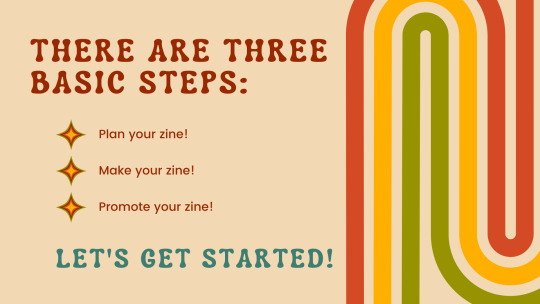

I have made a pay-what-you-want zine about... How To Make Zines!
I go over my entire process, so you too can learn how to supplement your income with zines. Please give it a look, and share if you find it helpful!
41K notes
·
View notes
Text
LESS movies about the lgbtq experience MORE movies about people who just happen to be lgbtq. is it really that hard to understand
103K notes
·
View notes
Text
should be able to leave kudos on scientific studies. i liked your paper dude keep at it
107K notes
·
View notes
Text





HOLIDAY SPECIAL! 🎄✨️🎄✨️ I have these five Environmental Art Tutorials in my shop for this month of December! LAST DAY to grab all tutorials is DECEMBER 31st! I'll be moving onto new tutorials next month! Shop link below!
SHOP
2K notes
·
View notes
Text
Dudes healthcare is so fake. My ADHD meds are $940 without insurance. But they gave me a website of "coupons" which straight up looks like a scam website, and I got it today for $60! Just a coupon from a random website and it was $900 cheaper. America, I am confusion!! America explain!!
80K notes
·
View notes
Text
Show, don’t tell
"Show, don’t tell" means letting readers experience a story through actions, senses, and dialogue instead of outright explaining things. Here are some practical tips to achieve that:
1. Use Sensory Details
Tell: "The room was cold."
Show: "Her breath puffed in faint clouds, and she shivered as frost clung to the edges of the window."
Tell: "He was scared."
Show: "His hands trembled, and his heart thudded so loudly he was sure they could hear it too."
2. Focus on Actions
Tell: "She was angry."
Show: "She slammed the mug onto the counter, coffee sloshing over the rim as her jaw clenched."
Tell: "He was exhausted."
Show: "He stumbled through the door, collapsing onto the couch without even bothering to remove his shoes."
3. Use Dialogue
What characters say and how they say it can reveal their emotions, intentions, or traits.
Tell: "She was worried about the storm."
Show: "Do you think it'll reach us?" she asked, her voice tight, her fingers twisting the hem of her shirt.
4. Show Internal Conflict Through Thoughts or Reactions
Tell: "He was jealous of his friend."
Show: "As his friend held up the trophy, he forced a smile, swallowing the bitter lump rising in his throat."
5. Describe the Environment to Reflect Mood
Use the setting to mirror or hint at emotions or themes.
Tell: "The town was eerie."
Show: "Empty streets stretched into the mist, and the only sound was the faint creak of a weathered sign swinging in the wind."
6. Let Readers Infer Through Context
Give enough clues for the reader to piece things together without spelling it out.
Tell: "The man was a thief."
Show: "He moved through the crowd, fingers brushing pockets, his hand darting away with a glint of gold."
7. Use Subtext in Interactions
What’s left unsaid can reveal as much as what’s spoken.
Tell: "They were uncomfortable around each other."
Show: "He avoided her eyes, pretending to study the painting on the wall. She smoothed her dress for the third time, her fingers fumbling with the hem."
8. Compare to Relatable Experiences
Use metaphors, similes, or comparisons to make an emotion or situation vivid.
Tell: "The mountain was huge."
Show: "The mountain loomed above them, its peak disappearing into the clouds, as if it pierced the heavens."
Practice Example:
Tell: "The village had been destroyed by the fire."
Show: "Charred beams jutted from the rubble like broken ribs, the acrid smell of ash lingering in the air. A child's shoe lay half-buried in the soot, its leather curled from the heat."
18K notes
·
View notes
Text
AI disturbance overlays for those who don't have Ibis paint premium. found them on tiktok
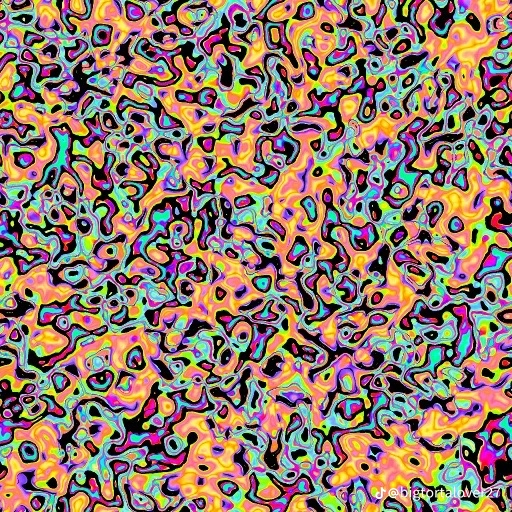
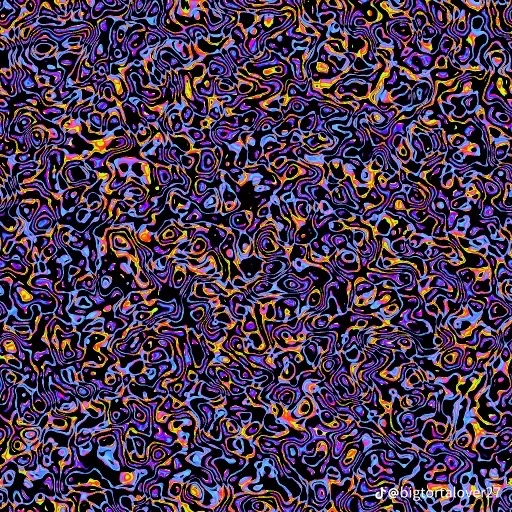

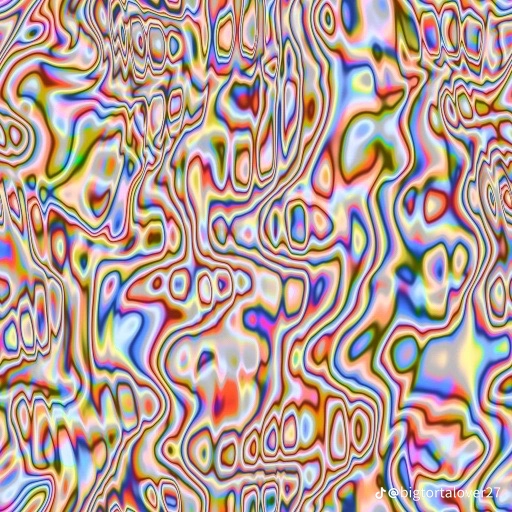


111K notes
·
View notes
Photo


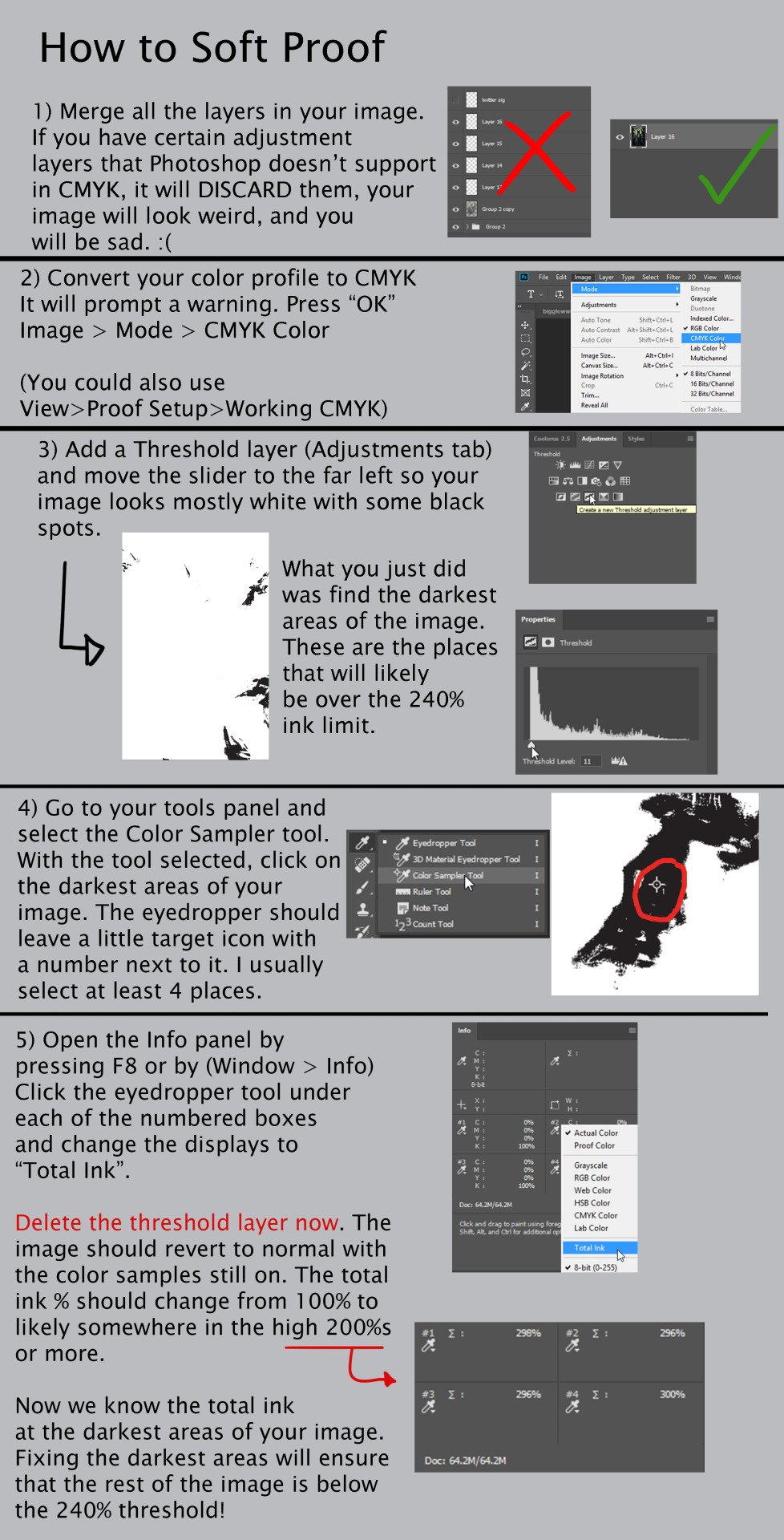
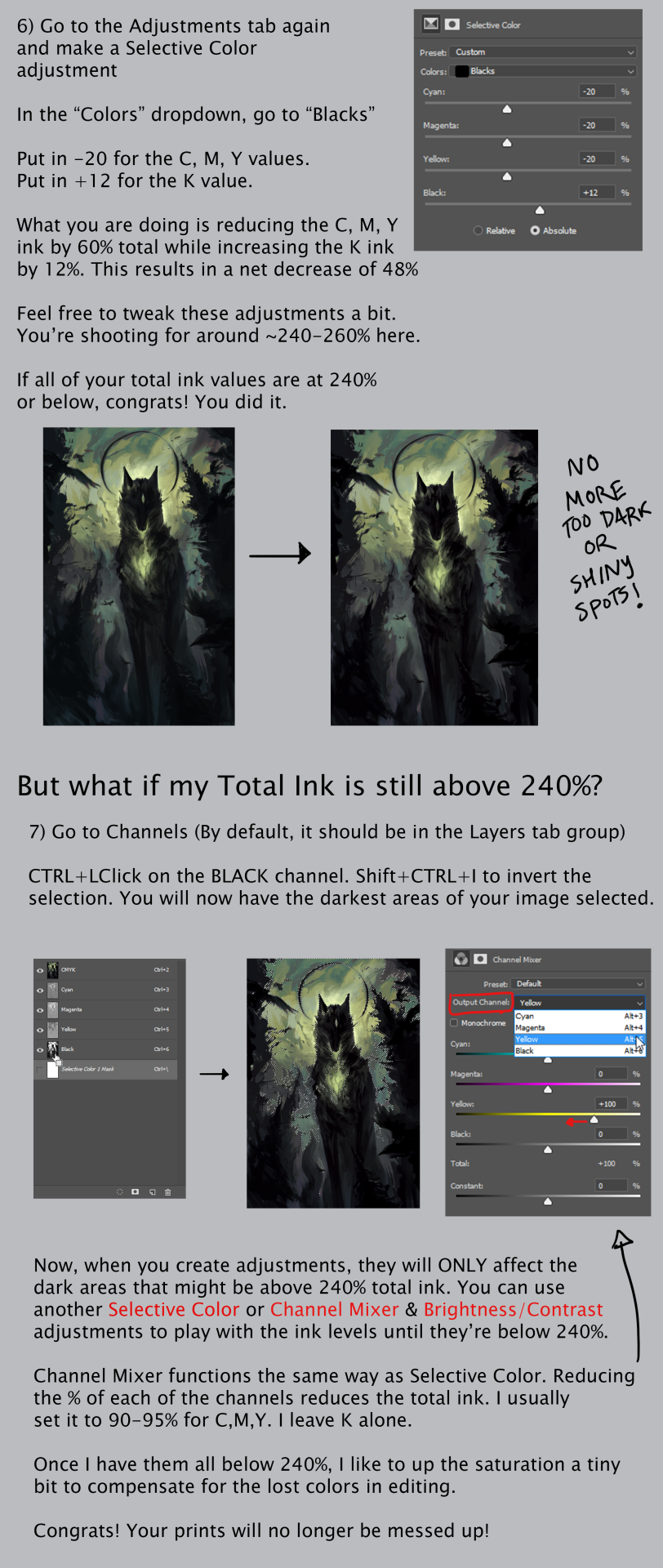
An old soft proofing tutorial of mine that I’ve been getting requests to post again.
11K notes
·
View notes
Text


so crunchyroll is fucking evil
37K notes
·
View notes
Text
They’ve released not just digitized works of art, but also a great many art history texts and art books in general. Just this week, they announced an expansion of access to their digital archive, in that they’ve made nearly 88,000 images free to download on their Open Content database under Creative Commons Zero (CC0). That means “you can copy, modify, distribute and perform the work, even for commercial purposes, all without asking permission.”
88,000 new free images just dropped, to use however you like.
20K notes
·
View notes
Text
Literal definition of spyware:

Also From Microsoft’s own FAQ: "Note that Recall does not perform content moderation. It will not hide information such as passwords or financial account numbers. 🤡
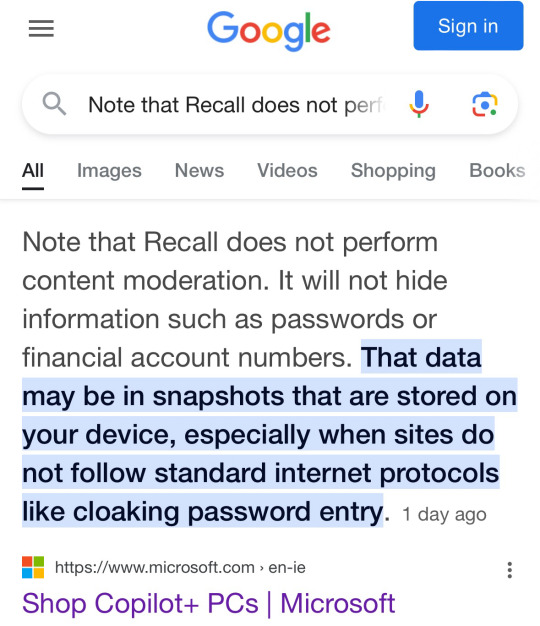
222K notes
·
View notes
